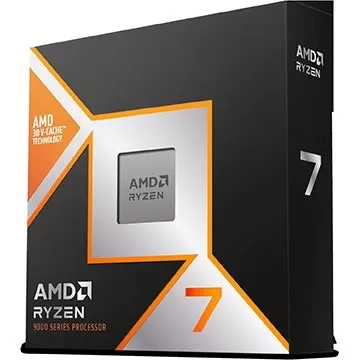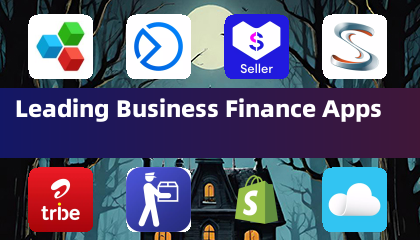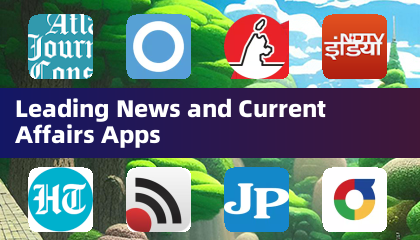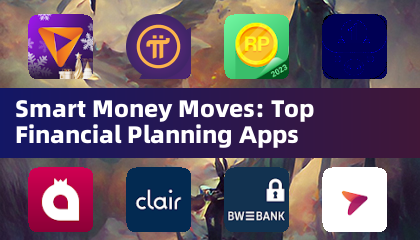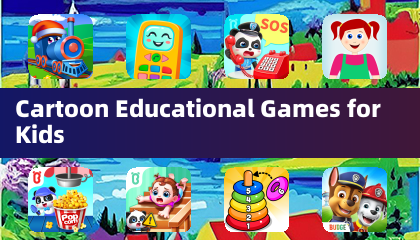The age-old question: PlayStation or Xbox? This debate has raged for years, sparking countless online discussions and heated arguments among friends. While PC and Nintendo enthusiasts exist, the rivalry between Sony and Microsoft has largely defined the last two decades of console gaming. But has this "console war" truly concluded? The gaming landscape has dramatically shifted, thanks to the rise of mobile gaming and younger generations' tech-savviness. The battlefield is unrecognizable, and a victor may have surprisingly emerged.
The video game industry has exploded into a financial powerhouse. In 2019, global revenue reached $285 billion; by 2023, it soared to $475 billion, surpassing the combined revenue of the film and music industries. This growth shows no signs of slowing, with projections nearing $700 billion by 2029. This financial success has attracted Hollywood A-listers like Mads Mikkelsen, Keanu Reeves, and Willem Dafoe to the industry, reflecting a significant shift in video games' cultural perception. Even Disney, with its recent $1.5 billion investment in Epic Games, is aggressively entering the gaming market.
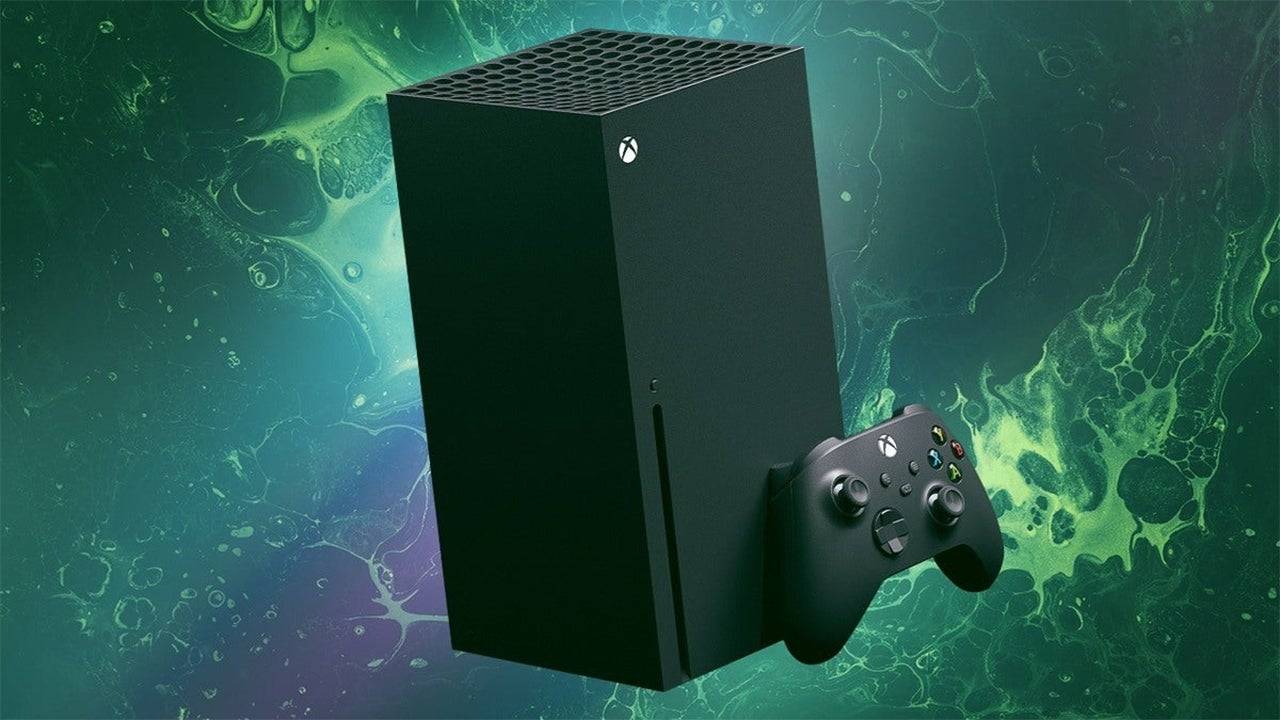
Despite the industry's boom, Xbox's performance has been underwhelming. While the Xbox Series X and S aim to be superior to the Xbox One, sales figures tell a different story. The Xbox One significantly outsells the Series X/S, and industry expert Mat Piscatella suggests this generation's peak sales are behind us. 2024 sales figures paint a concerning picture: Statista reports Xbox Series X/S sales under 2.5 million units for the entire year, dwarfed by the PlayStation 5's first-quarter sales alone. Allegations of Xbox closing its physical game distribution department further fuel concerns, particularly alongside reports of a potential withdrawal from the EMEA console market. This suggests a strategic retreat.
But Xbox's actions suggest a surrender, not a retreat. Internal Microsoft documents revealed during the Activision-Blizzard acquisition indicate that Xbox didn't believe it ever had a chance in the console war. So, how does a console-centric company respond to underperforming sales and an admission of failure? It pivots away from the console business.
Xbox Game Pass has become a central focus. Leaked internal documents reveal the substantial costs associated with bringing AAA titles like *Grand Theft Auto 5* and *Star Wars Jedi: Survivor* to the subscription service. This highlights Xbox's commitment to cloud gaming. Their recent "This Is An Xbox" advertising campaign reinforces this shift, rebranding Xbox not as a console, but as an accessible service complemented by hardware.
This reimagining extends beyond traditional consoles. Rumors of an Xbox handheld, supported by leaked documents hinting at a next-gen hybrid cloud gaming platform, are circulating. Microsoft's strategy is evident: from its mobile game store to Phil Spencer's acknowledgment of mobile gaming's dominance, the goal is clear—Xbox as a ubiquitous gaming brand accessible anytime, anywhere.

Why this pivot? While Xbox has struggled, the console market isn't the undisputed king. In 2024, over 1.93 billion of the estimated 3.3 billion gamers played on mobile devices. Mobile gaming's influence extends beyond casual players; it's the dominant force across generations, particularly Gen Z and Gen Alpha. Mobile games comprised exactly half of the $184.3 billion video game market in 2024 ($92.5 billion), significantly outpacing consoles at $50.3 billion (27%). This dominance isn't new; the Asian mobile gaming market far surpassed the West by 2013, with titles like *Puzzle & Dragons* and *Candy Crush Saga* outperforming *Grand Theft Auto 5* in revenue.
Mobile gaming's dominance isn't the only factor. While less impactful than mobile, PC gaming has seen significant growth since 2014, reaching 1.86 billion players in 2024. This rise, partly fueled by the COVID-19 pandemic, is complemented by increased technological literacy among gamers, leading to a rise in PC building and customization. However, despite this growth, the PC market's share ($41.5 billion) still lags behind consoles, with a widening gap since 2016. This is not great news for Xbox, which has made Windows PCs its second home.

Beyond mobile and PC, PlayStation's success is undeniable. Sony's latest earnings report reveals 65 million PS5 sales, significantly outpacing the Xbox Series X/S's combined 29.7 million. Sony's Game and Network Services also experienced a profit increase, boosted by strong first-party sales. Industry projections predict even greater success for the PS5 in the coming years, further highlighting the disparity between the two consoles. To regain competitiveness, Xbox needs to drastically improve sales, close the significant sales gap, and boost the profitability of its exclusives – something that seems unlikely given Phil Spencer’s open policy on cross-platform releases.
However, even PlayStation's success isn't without caveats. A significant portion of PlayStation users still play on PS4s, and the PS5's exclusive game library is relatively small. The PS5 Pro's launch also received mixed reception, with critics suggesting it arrived too early in the console's lifecycle. This suggests the PS5, while successful, isn't a must-have console yet, a situation that might change with the release of *Grand Theft Auto 6*.
AnswerSee ResultsSo, is the console war over? Microsoft seemingly never believed it had a chance against Sony. PlayStation has seen success, but its current generation feels more like an incremental update than a revolutionary leap. The true winner? Those who opted out of the console rivalry entirely. The rise of mobile gaming, with companies like Tencent making significant acquisitions, underscores its growing importance. The future of gaming will increasingly be defined not by hardware power, but by cloud gaming infrastructure. The console war may be over, but the mobile gaming battle (and numerous other conflicts) has just begun.


